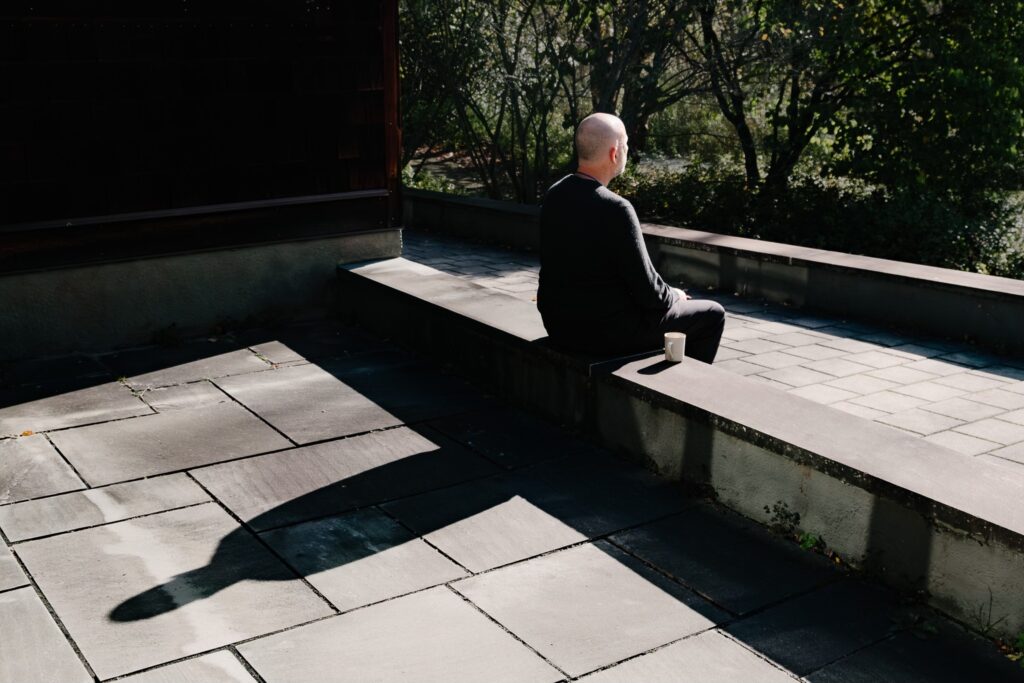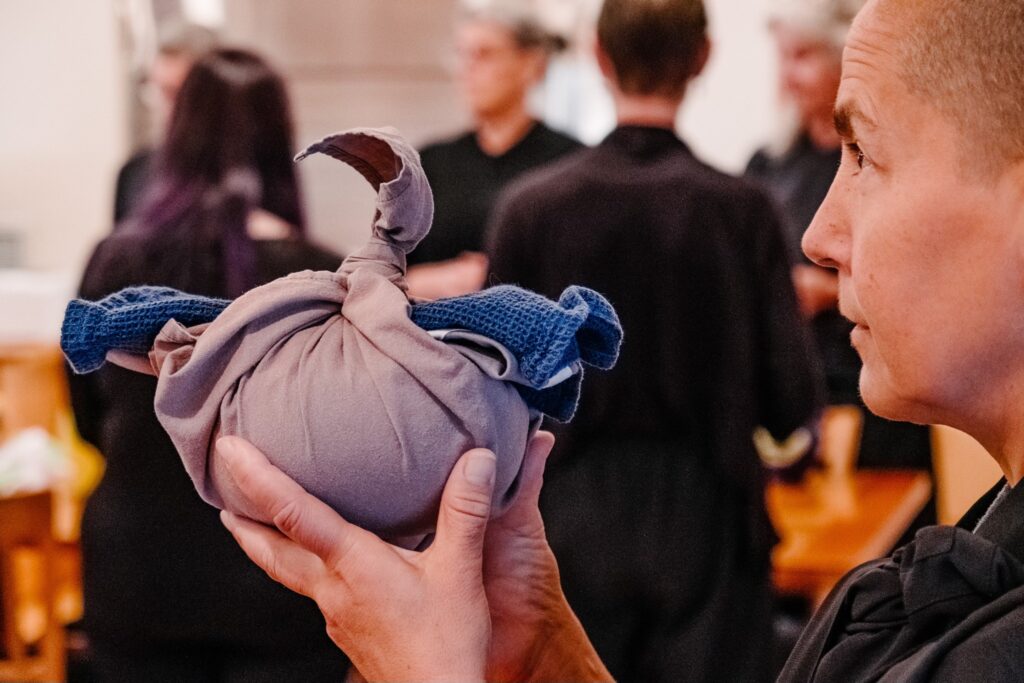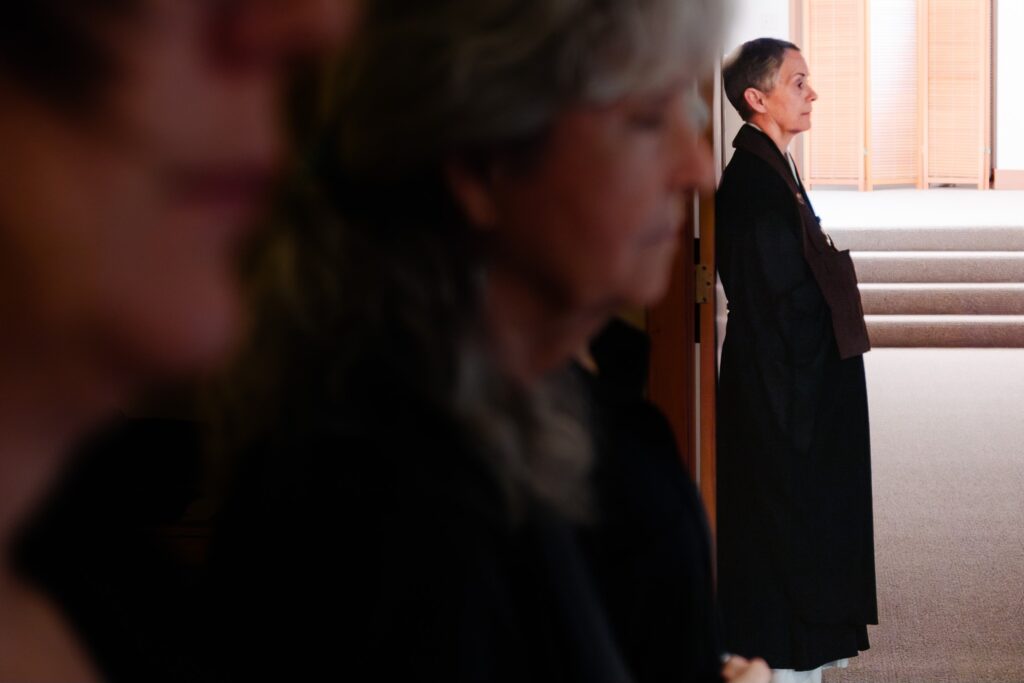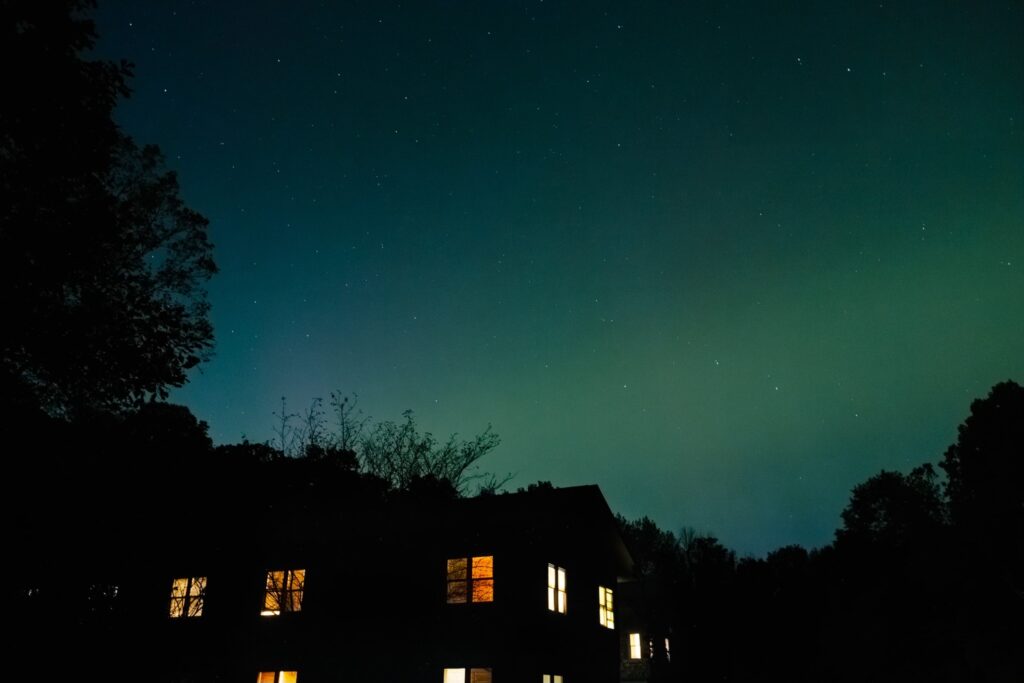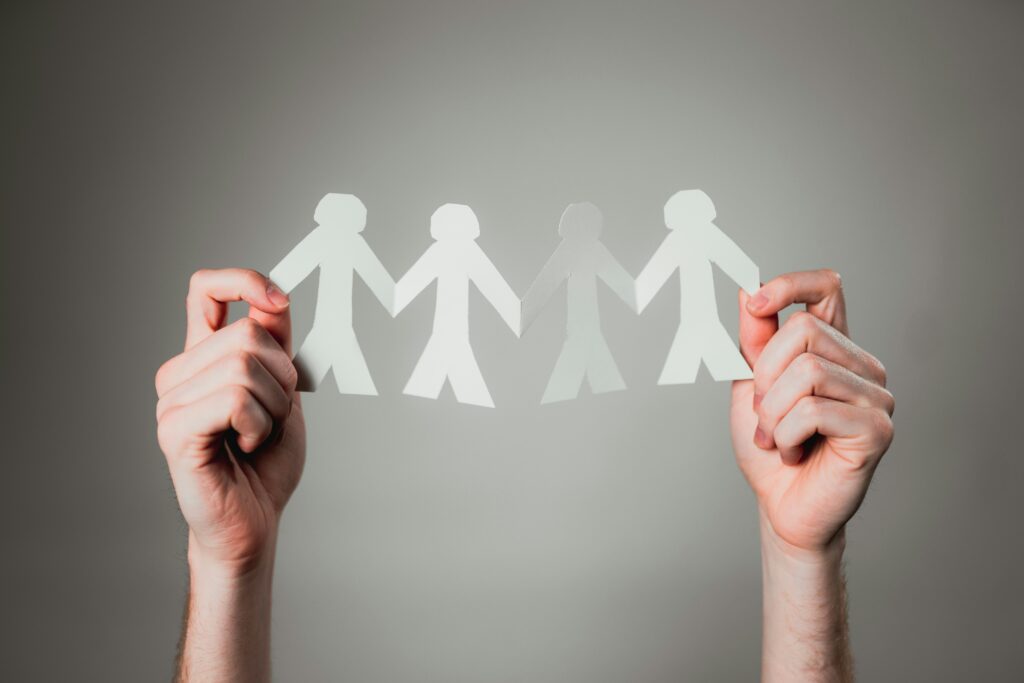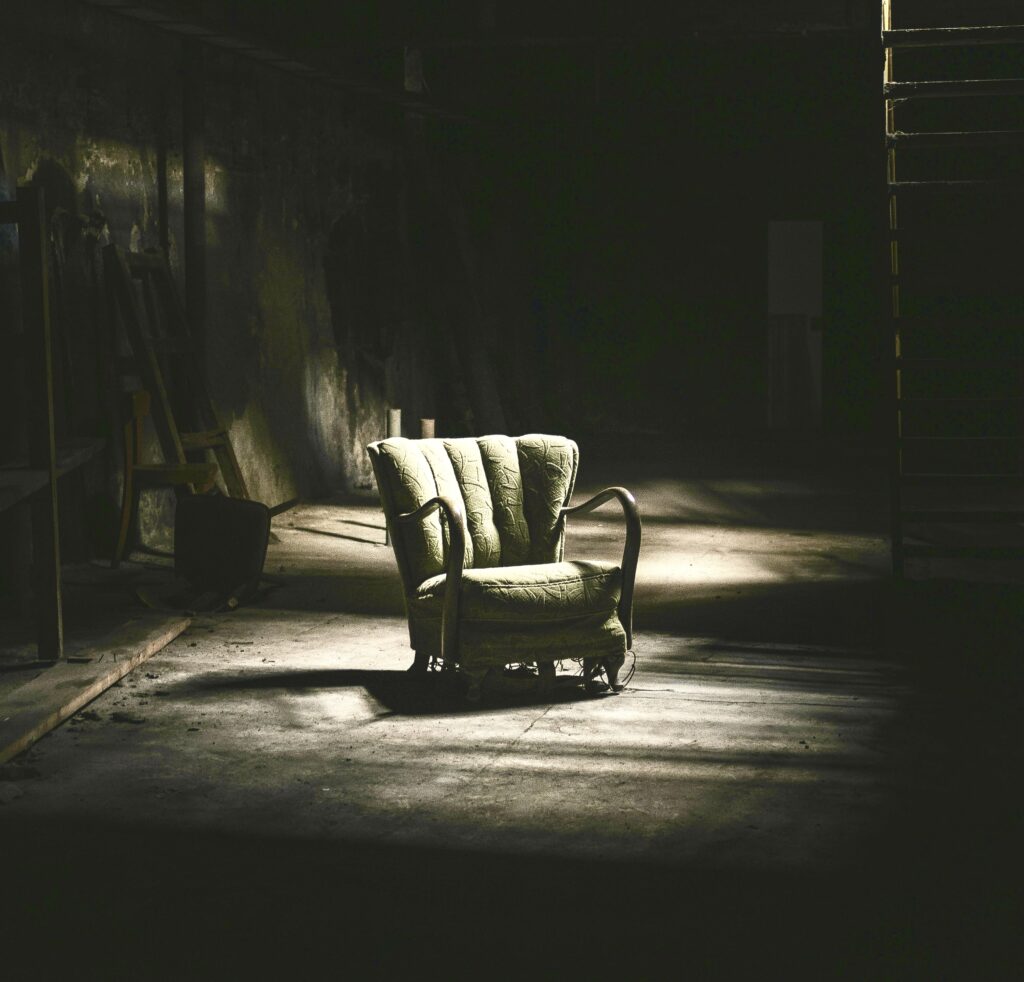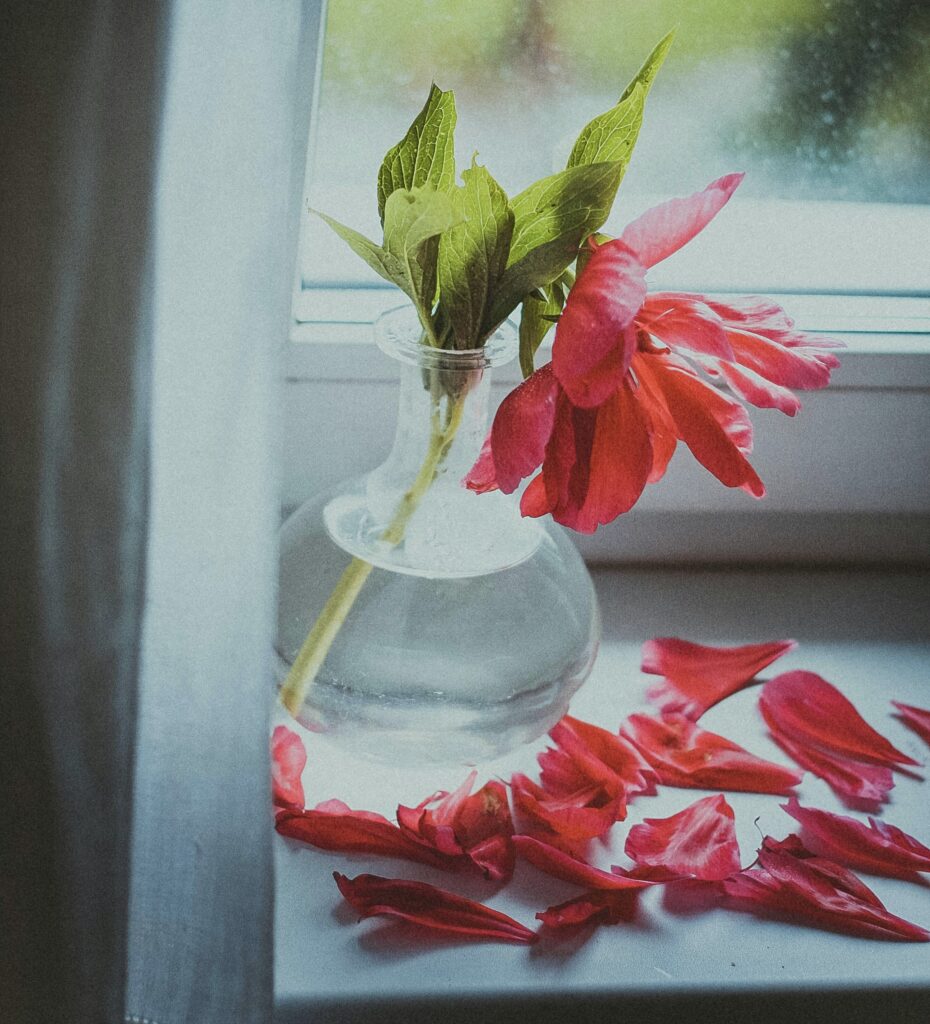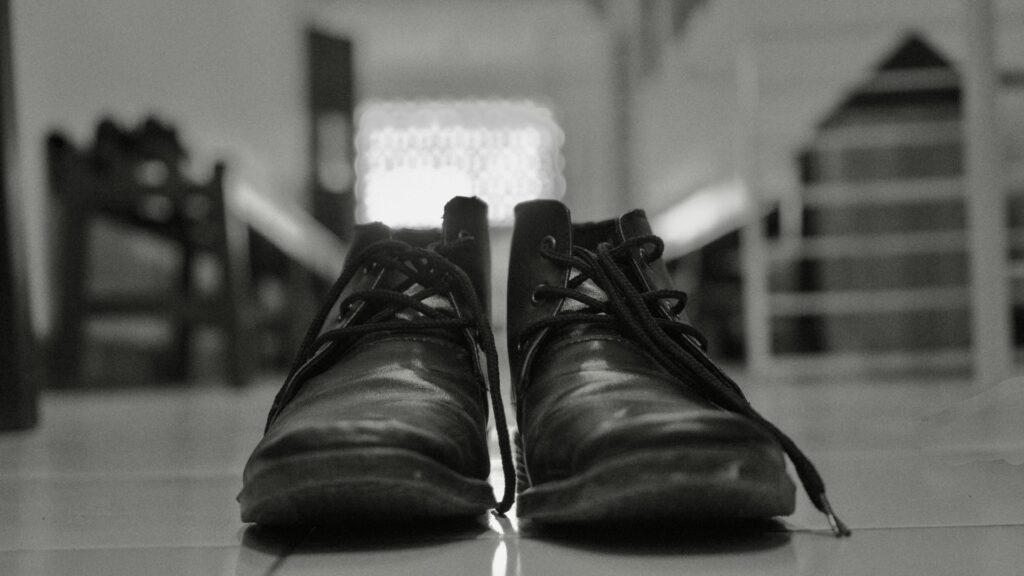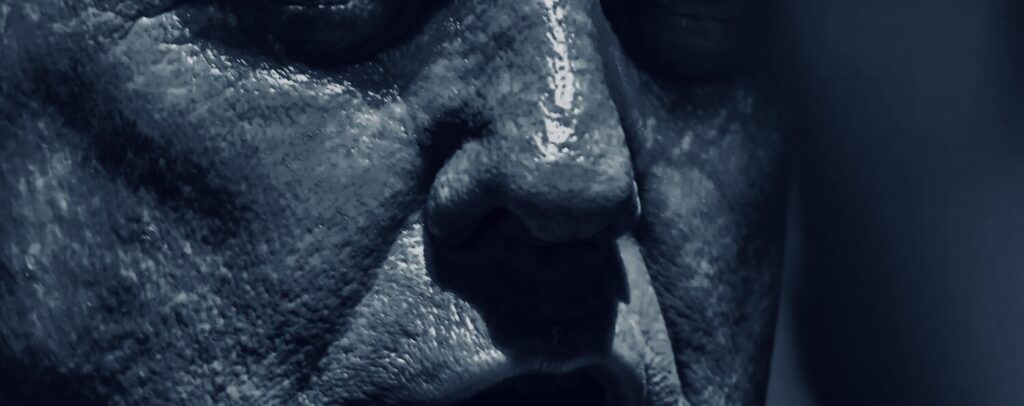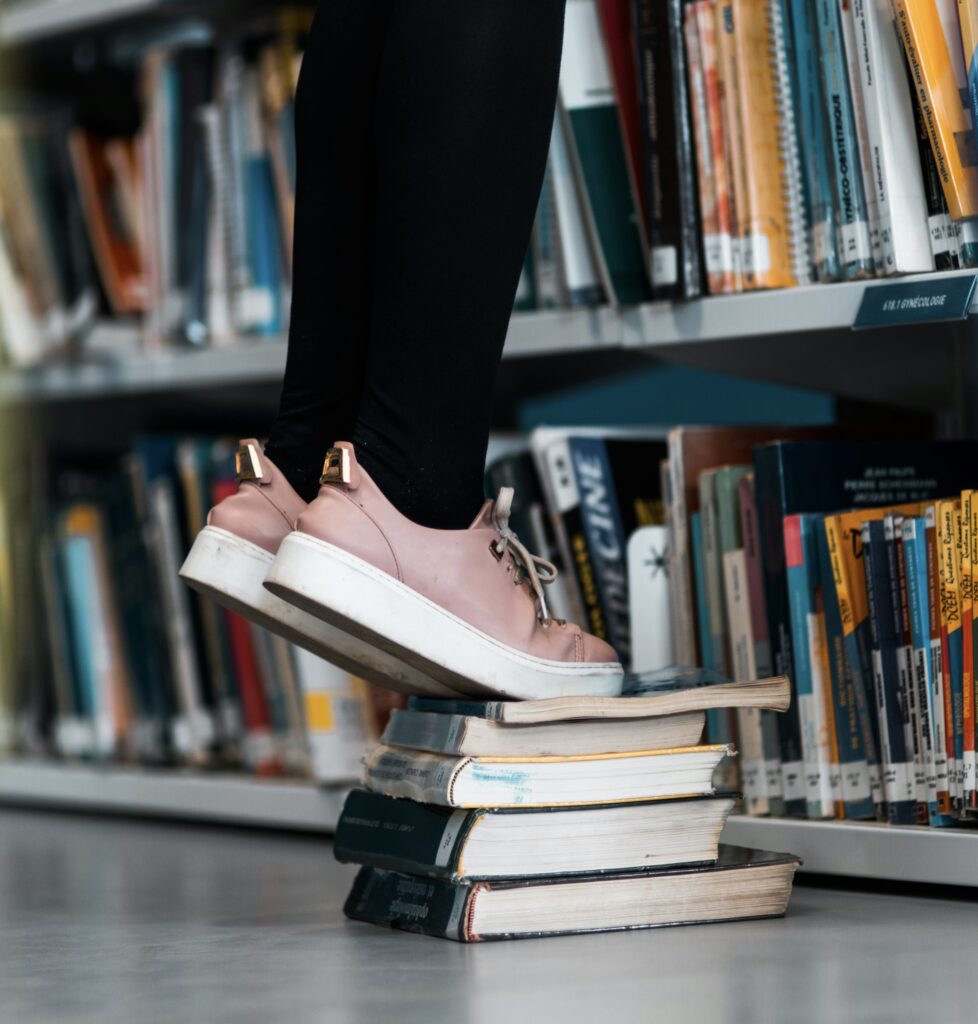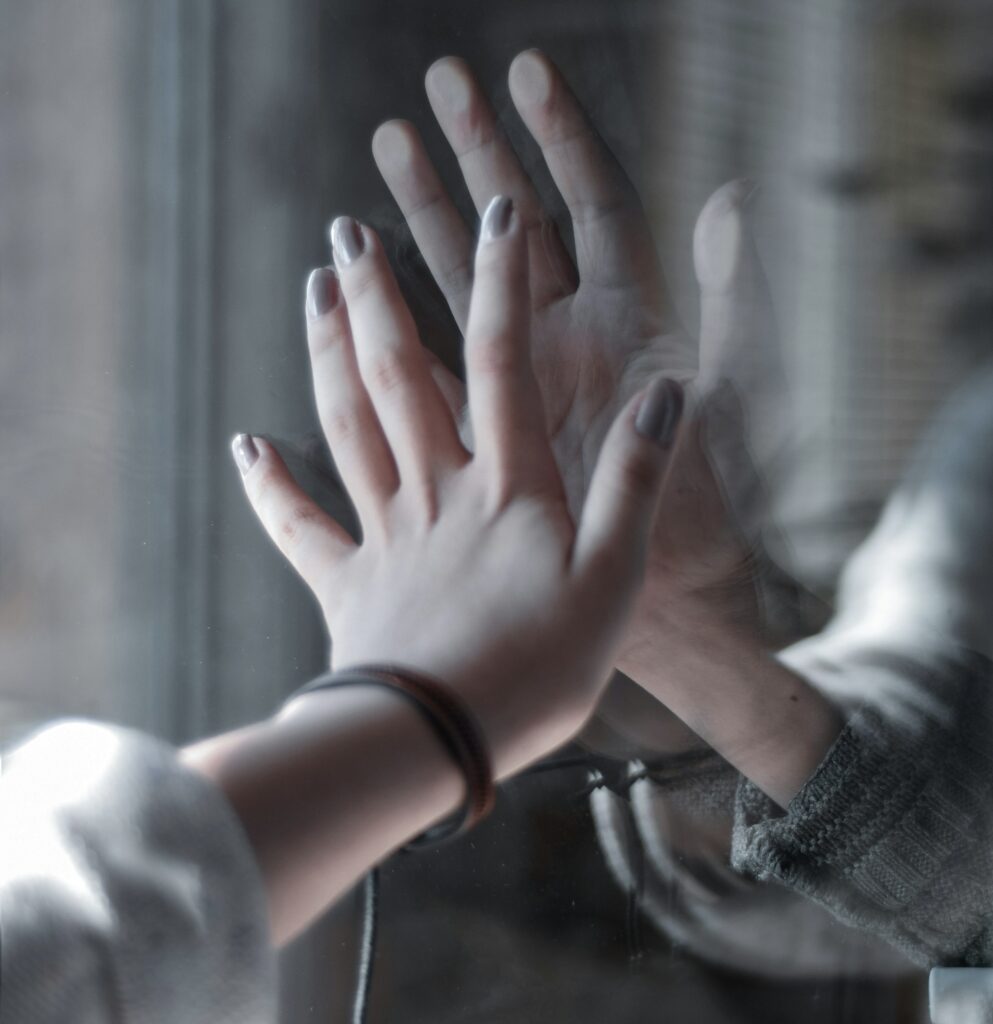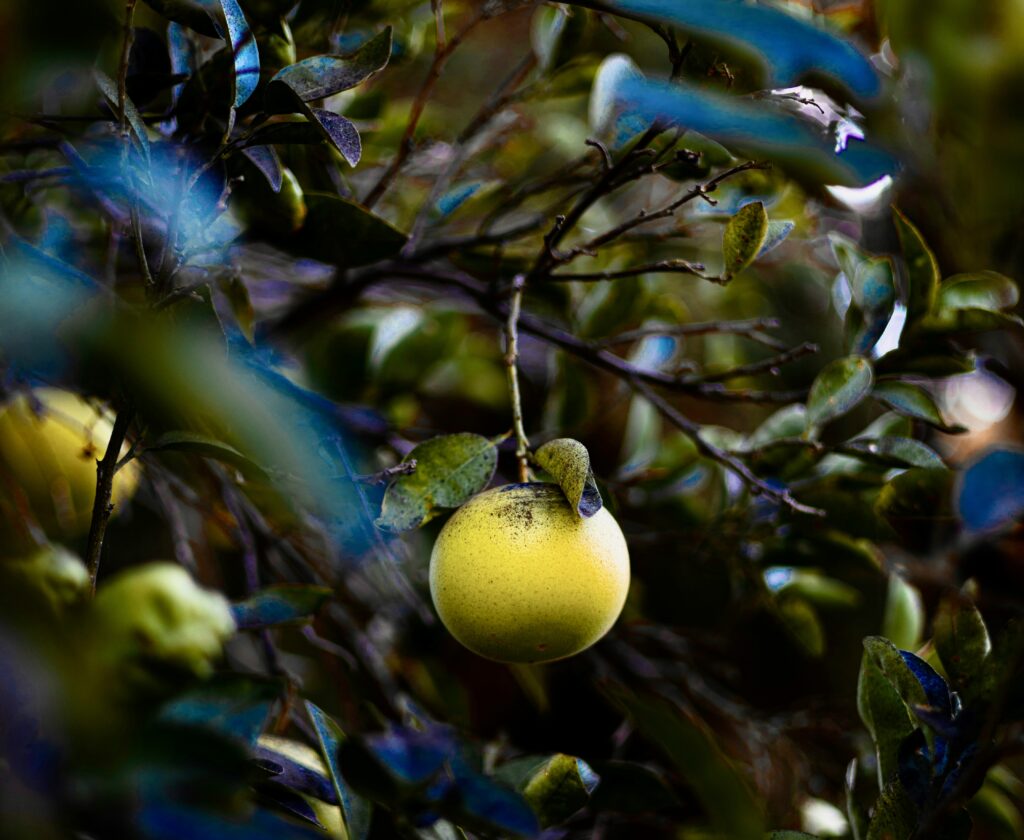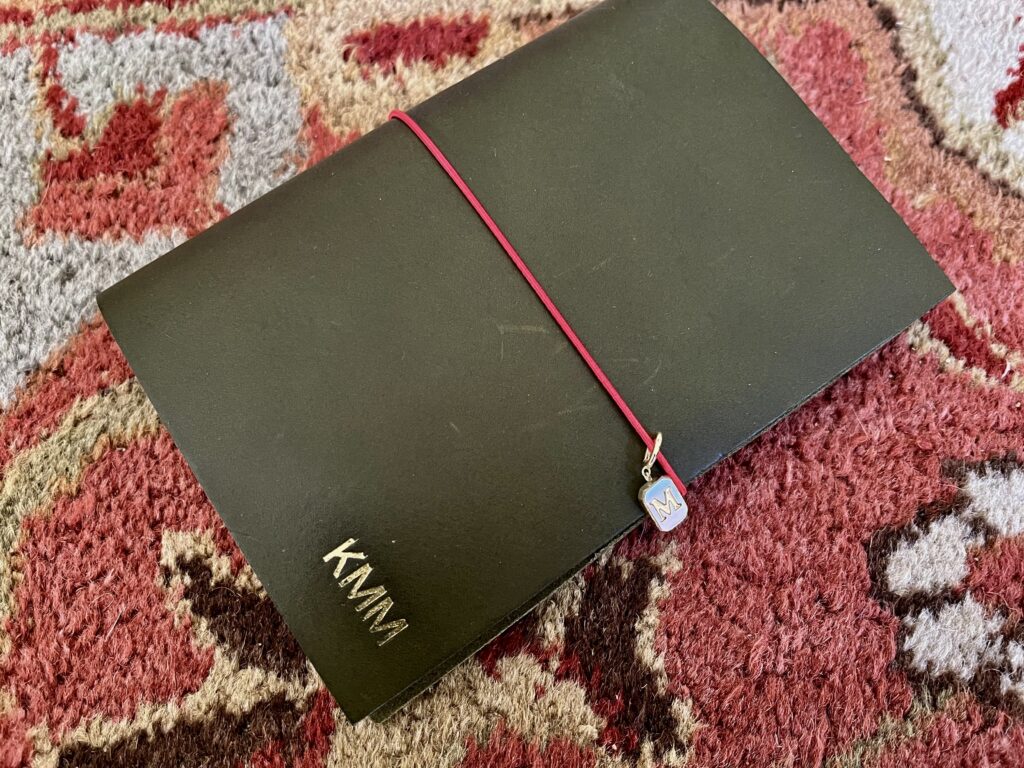
For my birthday my daughter gave me this monogrammed notebook. It fits in my hand. She inscribed it, “Take this with you everywhere. Use it for everything.” A few days ago I picked it up and put a pen to the pages. This is what I wrote.
People ask me what I’m working on now. They mean “What are you writing?”
I say “nothing.”
They seem surprised, since I’m a writer. And then I tell them that I was asked to write something this year, and I played with the idea that I would, that it was wanted and needed. But soon enough I found that I couldn’t. I didn’t have even one word with which to begin. My mouth is too full, I would say, as if that explained anything. Too full of anger and shock and disbelief. Full of every kind of betrayal, outrage, fear, and disgust.
“I have nothing to offer anyone,” I’d say. No hope, or peace, or resolution.
Instead, I said, “I feel as if I’m sitting at the deathbed of my country.” And what do you do when sitting at a deathbed? Nothing. You have run out of options, you are devoid of ideas. You simply sit in complete companionship, needing nothing, saying nothing, a steady presence. There are no words for that place. At least no words to reach it.
I wondered, when did this terror bloom? Not just on a grim election night a year ago, when the abyss yawned wide before us. We were afraid long before that.
Still and all, what a year it has been. Did we survive? Will we?
Straightaway where I live there were the horrific wildfires forcing our evacuation into the inconceivable. Would we still have a home? A street? A town? We met this moment, my husband and I, with spontaneous bouts of Covid, suffered in nameless hotels in farther reaches until we were allowed back home to a house intact, yes, still standing, and yet littered in ash and debris, amid miles of eradication, a war zone, a bomb site. A bad omen, an unthinkable metaphor.
My hair kept falling out. I stopped sleeping. Well, I stopped sleeping past 3 am or 2 am or 11 pm. In any case, thus began the end of sleep and a nightly vigil of wakefulness and worry. Because after the fires we were swept up in a flood of insanity and destructiveness, vengeful desecration, a national collapse too sudden to have been imagined in anyone’s worst fears.
That was their power: our new government turned our worst fears against us, leaving me to wonder, why do they hate Americans?
Because they hate America, that’s why. Because these bitter hearts have not been loved enough, liked enough, or lauded enough. For whom enough will never be enough. As though the most adolescent, evil instincts are unleashed by paunchy, pasty misanthropes who couldn’t get a date to the prom. Does it all boil down to junior year?
I tried to remember the last night I allowed myself to fully rest, feeling safely restored to sanity and security. It was election night 2020, when I was certain this reign had ended. Who would have guessed five years ago that our pillars and principles were so fragile, so deeply ill-favored? But we’ve seen them crumble into towers of dust in an instant and we cannot turn away.
What have I done with my time besides write? Read. Forty some-odd books this year, all fiction, each one more honest, more truthful, more real, than our muzzled media where democracy dies in darkness.
Puzzles, puzzles, puzzles, I do puzzles. A crossword or two a day, word searches, spelling bees, you name it, every word puzzle there is and the archives too, each one less puzzling, totally solvable, than the puzzle that presents itself every day in the halls of government, the temples of justice, the mocking confines of our so-called national security.
Are they escapes? Yes! Escapes to logic, fact, grammar, and all the rules that once governed the course of human events. Let us unearth that relic of a world: ordered, dependable, useful. With the rule of law that decrees “i before e except after c.”
All this and yet there are bursts of light, hope, and faith found in the only place they live — in people’s hearts.
For strength, I find it in the people who join me — in person and online — to sit in silent harmony.
For courage, I find it in the strangers who join me on our streets and sidewalks, to the refrain of drumbeats and cowbells, to call out the lies, larceny and lawlessness of our nation.
As for faith, I find it in you, even as you find it in me.
And none of this is work. It is all love.
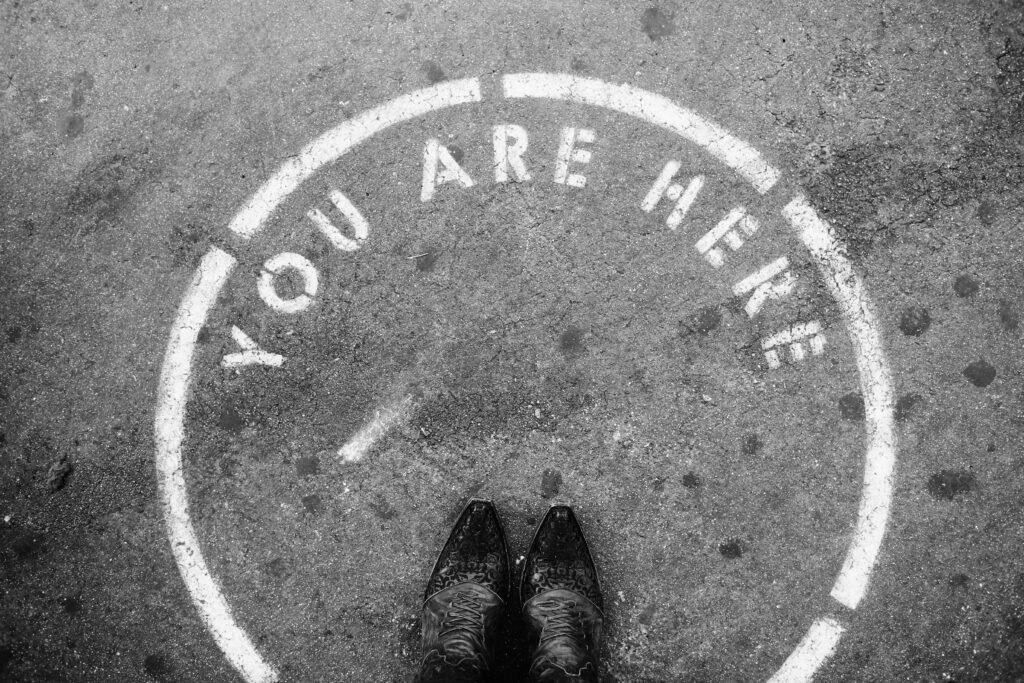


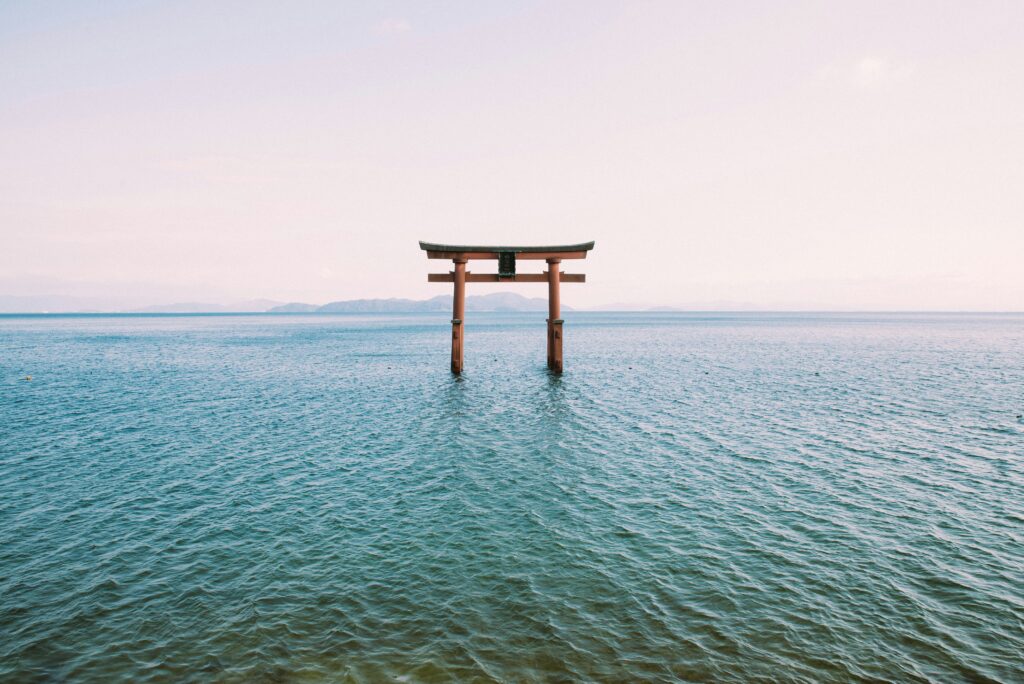
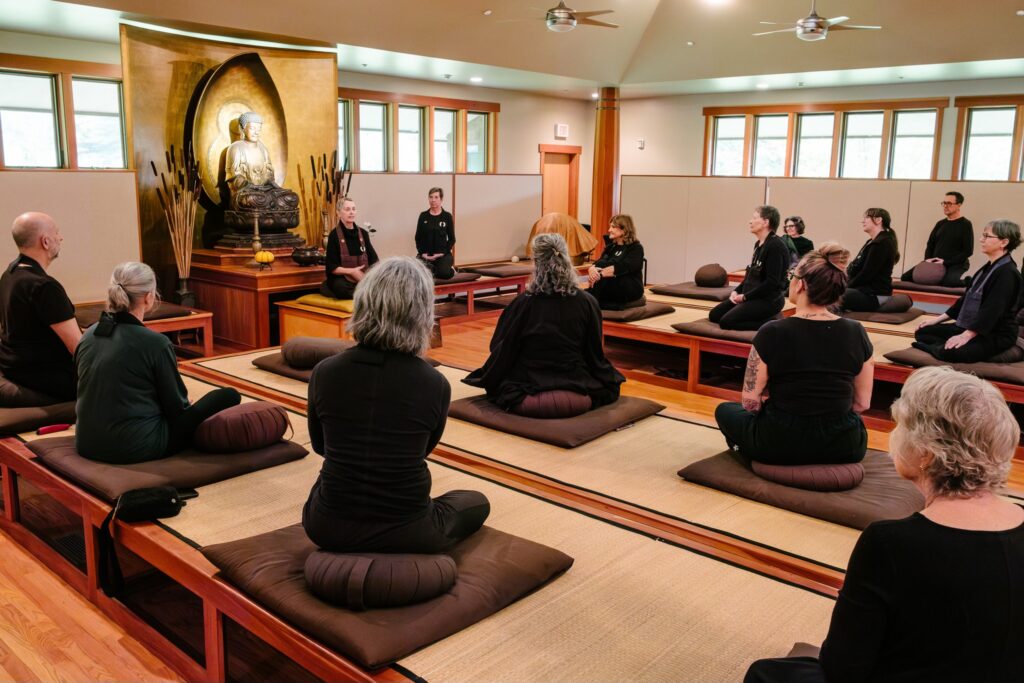
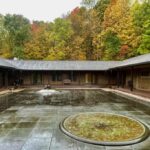 cushion. Through daily activities such as cleaning, cooking, meditative meals, and service training, we naturally extend our practice to aspects of everyday life.
cushion. Through daily activities such as cleaning, cooking, meditative meals, and service training, we naturally extend our practice to aspects of everyday life.